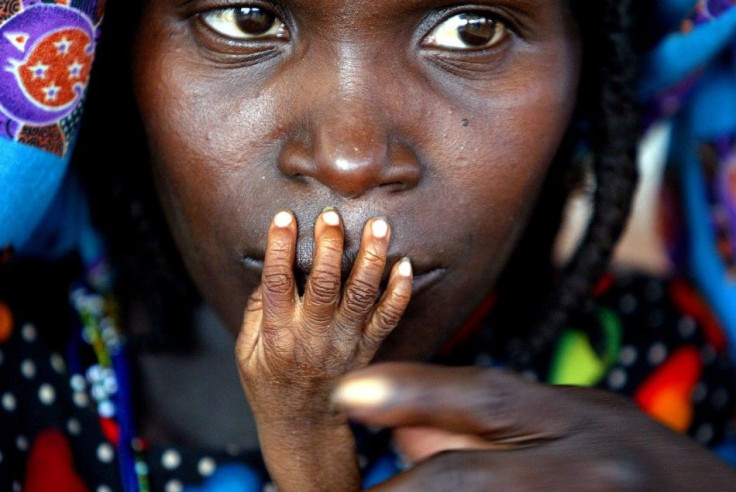European Debt Crisis Hits Overseas Aid To Poor Nations

Debt-ridden European nations have cut development aid to poor countries for the first time in a decade, according to a report from development aid watchdog Data.
Spain and Greece, two of the nations worst hit by the European debt crisis, made the largest overseas development aid (ODA) cuts in 2010/2011, according to the report.
For the first time in over a decade, global levels of development assistance witnessed a decline in 2011. This growing budget austerity has now spilled over into life-saving aid programmes, the report said.
The donor community, particularly EU Member States, need to maintain the current course and meet existing commitments to ensure that this possibility is achieved.
Yet despite the historic increases in official development assistance (ODA) from some nations, other donor governments still fell short of their promised increases to sub-Saharan Africa.
And in 2012, the momentum for development assistance has stalled.
The report found that overall European ODA had fallen by 1.5 percent, with the figures revealing: Those bearing the brunt of Europe's economic crisis include some of the world's poorest people.
But while many European nations came in for criticism, others were praised for maintaining or even increasing their aid contributions over the past two years.
Luxembourg, Denmark, Sweden and the Netherlands already provide aid as a percentage of gross national income (ODA/GNI) of more than 0.7 percent, the level EU member states promised to reach by 2015.
Although Europe's performance on existing global aid promises has been mixed, its collective track record towards meeting its targets for Africa has been worse, the report added.
During 2010/2011 Spain cut its aid budget by nearly a third, while Greece slashed ODA by 40 percent.
The report is timed to coincide with upcoming discussions over the next seven year EU budget.
EU countries account for just over half of global ODA, with Germany ($14 billion), the UK ($13.5 billion) and France ($12 billion) among the world's largest donor nations.
© Copyright IBTimes 2025. All rights reserved.





















